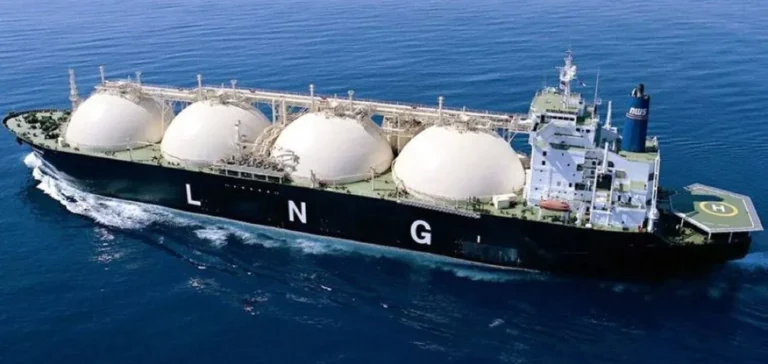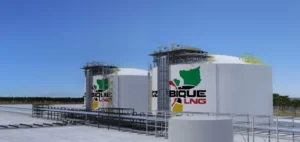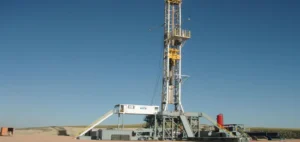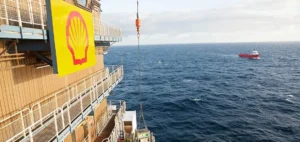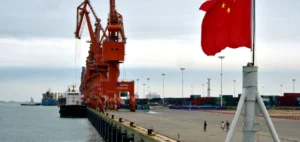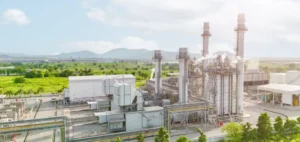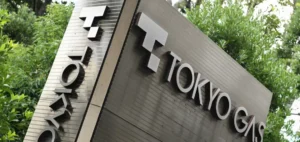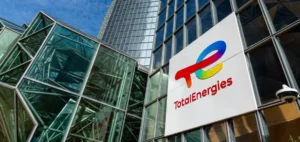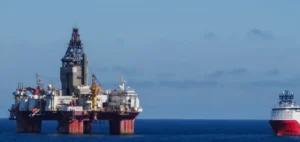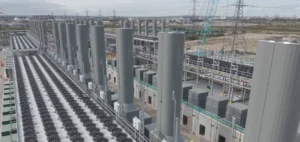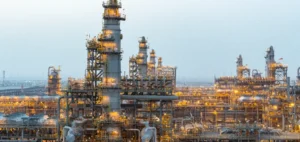The Platts Market on Close (MOC) assessment for the Asia physical liquefied natural gas (LNG) market recorded an 86.43% year-over-year increase during the August pricing period, reaching approximately 1.24 million tonnes. On a month-over-month basis, volumes fell by 20.76%, impacted by geopolitical tensions and seasonal summer demand peaks.
A total of 334 bids, 128 offers and 19 trades were recorded for deliveries spanning the second half of July through September. Most transactions were destined for the Japan-Korea-Taiwan-China corridor. Three offers targeted China, one Japan, one Thailand and two the wider JKT region.
Key players and pricing indices
Glencore emerged as the top buyer with nine cargoes, followed by Vitol with seven. BP, TotalEnergies and Uniper each purchased one cargo. On the sell side, PetroChina led with five cargoes, followed by Vitol (three), BP and Shell (two each). Osaka Gas, QatarEnergy Trading, TotalEnergies, Unipec, Socar, Chevron and CNOOC each sold one cargo.
Japan-based Osaka Gas made its first trade via the MOC platform, with delivery scheduled for the second half of August. The deal reflects growing diversification among participants engaged in the pricing mechanism.
Of the August deliveries, ten were indexed to the September JKM (Japan-Korea Marker) contract, with an average premium of $0.09/MMBtu. In total, 75.88% of trades were linked to floating prices, mostly against full-month JKM or balance-month next-day contracts. Three orders referenced the Dutch Title Transfer Facility (TTF) index.
Derivatives activity rises year over year despite monthly drop
On the derivatives side, 2,146 combined bids, offers and trades were reported by 24 participants. This marked a 15.41% decrease month over month, but a 38.81% increase year over year. Nearly 47% of the activity was centred on the September JKM contract, followed by the balance-month next-day contract at 35.23%.
A total of 284 trades, each involving 25 lots, were reported for the August, September, BalMo-ND and August/September spread contracts — equivalent to 1.37 million tonnes of LNG. The August/September JKM time spread saw a notable uptick, with 11 trades recorded, compared to just one in the prior assessment cycle.
Price rise driven by heat and regional tensions
Platts assessed the August JKM at $13.105/MMBtu, up 4.81% month over month and 6.36% year over year. The rise was attributed to elevated cooling demand in Japan and South Korea, as well as to geopolitical risks. Tensions between Iran and Israel in late June renewed concerns over LNG flows through the Strait of Hormuz, a critical corridor for Qatari exports, although no actual disruptions were reported.
According to S&P Global Commodity Insights, more than half of Qatari LNG exports between January and June 2025 were directed toward the Pacific Basin, with China receiving 23.38% of those volumes. On the demand side, South Korean buyers actively sought prompt cargoes, while Japanese importers pursued swap strategies to secure near-term volumes ahead of rising cooling needs.
Chinese buyers largely stayed on the sidelines despite similar heat conditions, citing unattractive spot prices. In Southeast Asia, demand remained muted following the end of the regional cooling season.
“The market is slightly soft this summer. There is a lack of buy tenders,” one trader said.
Meanwhile, the East-West arbitrage for US cargoes to Asia remained mostly closed. Only six of the 128 offers involved loading from a US port. Despite a brief improvement in arbitrage economics toward the end of the assessment period, only traders with long shipping positions were able to move cargoes eastward.


